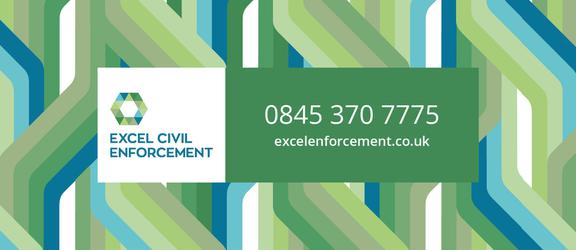
Liability orders

Council tax liability orders
Council tax liabilities orders are increasing year on year with over 3.5 million council tax liability orders issued to local authorities last year (2017).
What is a liability order?
A liability order is obtained from the Magistrates Court and gives local authorities the power to take further recovery action on unpaid Council Tax, as well as business rates and business improvement district levies. Further action includes but is not limited to the use of civil enforcement agents.
After a liability order has been issued
For the purposes of Council Tax collection, after a liability order has been issued, it is good practice to ask a debtor will be asked to complete a form detailing their financial circumstances, this will give the local authority more detailed insight into their financial circumstances and help clarify which of the following recovery methods will be the best way forward to recover the money owed.
Several different methods can be used to recover the outstanding debt these include:
- Payment arrangement between the debtor and the council
- An attachment of earnings order
- Attachment of benefit order
- Enforcement agents instructed to take control of goods
- Insolvency proceedings
- Bankruptcy
- Charging orders
- Commit to prison
It is important to note that when enforcement agents are instructed, further fees are incurred and recovered from the debtor.
The implications of bankruptcy
The implications of bankruptcy are wide reaching, the debtors’ property will be sold, they will normally lose use of any bank accounts and their access to credit will be affected immediately and also in the longer term.
If you are working in certain roles you may lose your job. Finally an Official Receiver will have to be appointed and the debtor will have to cooperate with the person who is administering the bankruptcy.
The implications of charging orders
A charging order will be placed on the debtor’s property, land registry will update their details and this process will simply ‘secure’ the debt. The debt will not be remitted until the sale of the property has completed, meaning the debt remains unpaid until such a time, but no subsequent recovery action can take place.
It is worth noting that a local authority can choose to force the sale of the property to discharge the debt sooner if the property if not already on the market, however, the circumstances need to be carefully assessed.
- How much debt is outstanding, how much are the fees, will the equity in the property discharge the debt in full?
- Would forcing the sale cause the debtor to be homeless and create a further financial burden on the council as they may have to re-home the debtor if this course of action is taken?.




